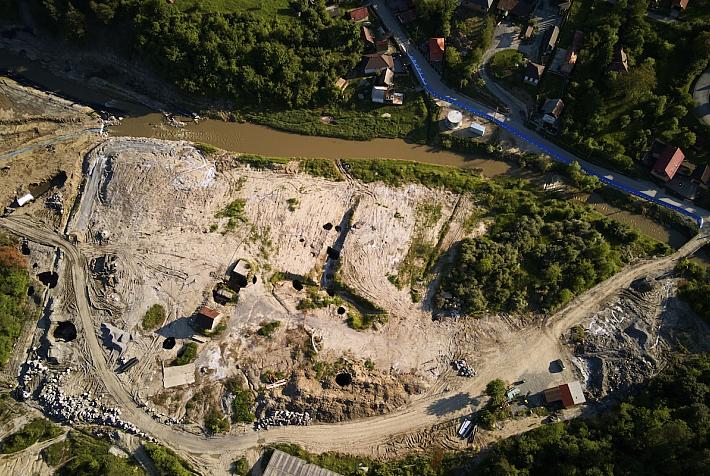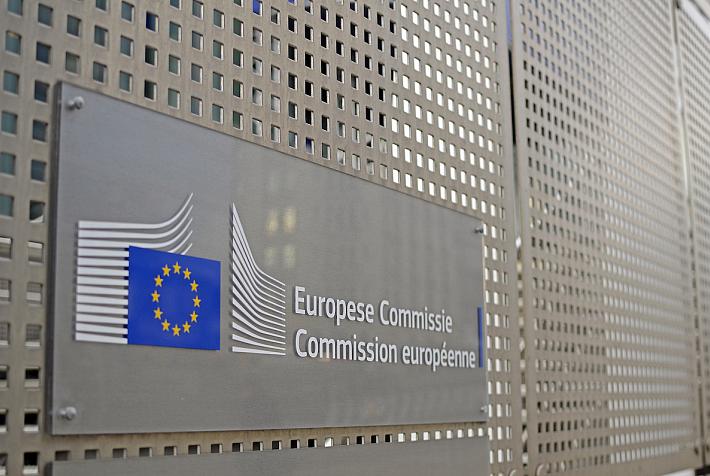Romania's central bank governor: strengthening fiscal revenues is inevitable

"The increase in fiscal revenues is inevitable. What matters is how and where it will be done," central bank governor Mugur Isărescu told a journalist during the press conference on the Quarterly Inflation Report on May 20, when asked about the likelihood that an increase in taxes and duties is necessary.
Pursuing fiscal consolidation only with spending cuts would have side effects, he implied, stressing that "cutting spending is recessionist [policy]" – meaning it hinders demand and thus growth.
Isărescu's statements come in the context of incipient public debates about the specific means to achieve the fiscal consolidation pledged under the seven-year plan agreed with the European Commission.
Part of the business organisations asked the presidential candidates to pledge zero tax hikes and urged for reducing the waste in public spending. Isărescu seems to join the Fiscal Council's head, Daniel Daianu, who has constantly argued for boosting the budget revenues [and prioritising spending], such as providing public services at an adequate quality and volume.
Governor Isărescu argued that cutting spending has not only side effects but also limitations.
"Don't forget, cutting spending is recessionary, it is not without effects. Efficiency is good, the streamlining of spending [is good], but many of the essential spending of the Romanian state, health, education, have been underfinanced for years. They are not overfinanced. We also have military spending that will hardly decrease. The topic is difficult," the BNR governor explained.
Speaking in broader terms about fiscal consolidation, Isărescu said that the mission is "problematic" because, eventually, someone has to bear the costs of adjustment. He added that an "austerity" scheme can be avoided, but restoring robust economic growth is essential for this.
"The burden sharing for this adjustment is the essential issue. And is a political issue. There are politicians who should find a way to gradually and sustainably distribute the reduction in expenses or the increase in income so that it does not accentuate social problems and does not fall only on one social group or another. This is a rather difficult decision," governor Isărescu said.
He also stated that he already said in Parliament that there exists a way to avoid austerity, but it requires substantial economic growth in the region of 2%-3% per year. This would allow the government to achieve a fiscal consolidation of 0.7%-1% of GDP per year in line with the consolidation calendar agreed upon by the European Commission.
The European Commission has reduced its estimates for Romanian economic growth this year to 1.4%, from 2.5% previously, and warned that the government deficit will remain at a high level, at 8.6% of GDP in 2025 and 8.4% of GDP in 2026, according to the spring economic forecasts published on Monday.
The budget for the current year is built on an economic growth of 2.5%, and the deficit target is 7% of GDP. In the first quarter of this year, GDP stagnated, and the budget deficit stood at 2.28% of GDP.
iulian@romania-insider.com
(Photo source: Inquam Photos/George Calin)













